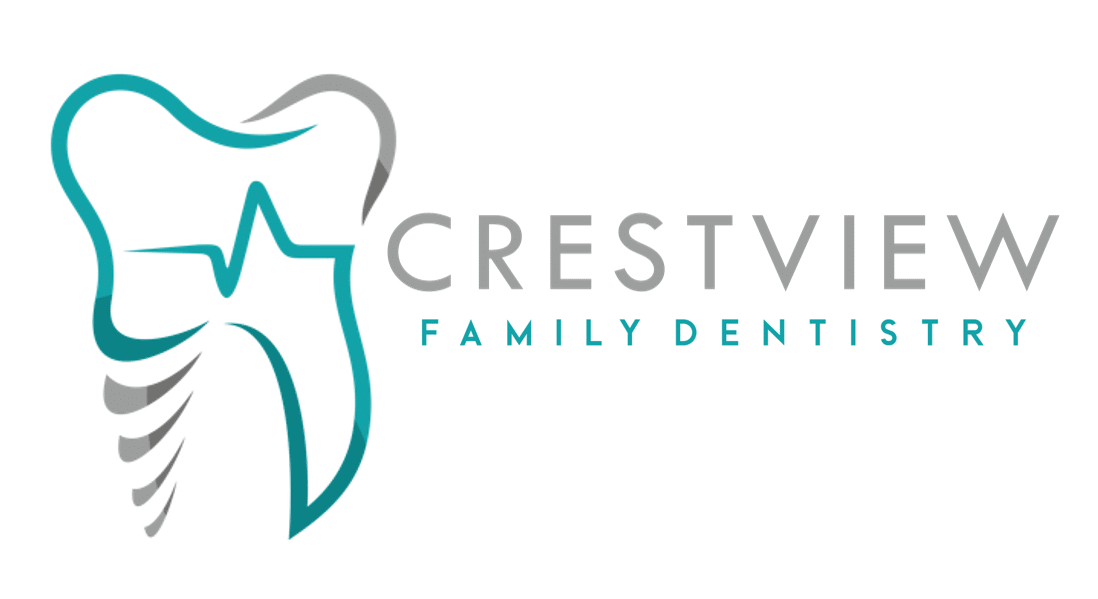Why Are there Different Types of Dental Cleanings?
Periodontal health determines the recommended cleaning for a patient. Not all dental cleanings are the same, and understanding the reason for different cleanings is important, as it pertains to gum and bone health.
Different types of dental cleanings:
There are four main types of dental cleanings: prophylaxis cleaning, scaling, scaling and root planing, and gross debridement.
While they all accomplish essentially the same thing — cleaner teeth — they are performed differently, with different amounts of time needed for treatment, and for different reasons.
Prophylaxis cleaning
A prophylaxis cleaning, otherwise known as a routine cleaning, is performed on patients with no evidence of bone loss.
At Crestview Family Dentistry, a prophylaxis involves removing all the plaque from teeth, removing hardened plaque (calculus) and any stains that exist on the surface of the teeth.
It is recommended that a prophylaxis cleaning occur once every six months to ensure removal of hardened plaque. Topical fluoride application is advised and supported by the ADA, as it decreases cavities in children and adults.
Scaling in the presence of inflammation
This cleaning involves the removal of hard calculus below the gum-line, in patients with gingivitis and no evidence of bone loss. More time is allotted to the appointment to ensure your comfort and a thorough cleaning is performed.
Scaling and root planing
Scaling and root planing (also referred to as a "deep cleaning"), is administered to patients with signs of periodontal gum disease. Gum disease occurs when bacteria are present below the gumline, causing inflammation and bone loss. Over time, this bone loss can result in loose teeth and tooth loss.
If an excess of plaque begins to build up over time without being properly cleaned off, it can harden and turn into tartar or calculus and has the potential of causing gum disease and other serious oral health complications.
Gross debridement
A gross debridement is a dental cleaning procedure that is often required to permit a dentist to perform a complete evaluation.
A gross debridement is most often performed on patients who have not visited the dentist in more than a year or who have developed a build up of hardened plaque on the surface of the teeth.
Essentially, a gross debridement is performed by thoroughly working to remove any and all plaque buildup on the teeth and gums. While a simple gross debridement does not take long, it is not the final advised cleaning, but one necessary in order to provide examination of all tooth surfaces that may be covered in plaque/calculus.
